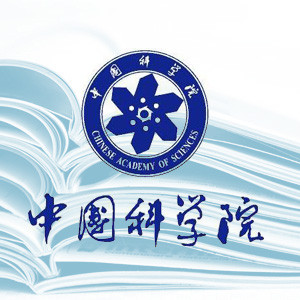By publishing more than 52,000 nanotechnology articles during the past 20 years, Chinese Academy of Sciences has published the highest number in China. Tsinghua University with 10,146 articles, Zhejiang University with 9059 articles, and Jilin University with 8590 articles rank 2nd to 4th. In total, Chinese Academy of Sciences has published more nanotechnology articles than all universities that rank 2nd to 6th in the publication of nanotechnology articles in China.
Chinese Academy of Sciences has had the most domestic collaboration with Peking University with 2714 nanotechnology articles in the past 20 years and then with National Center for Nanoscience and Technology, China with 2400 joint nanotechnology articles during the past 20 years.
Chinese Academy of Sciences has had the most international collaborations with University System of Georgia with 569 articles, and United States Department of Energy with 520 articles and University of California with 423 articles hold the 2nd and 3rd ranks.
|
No |
University |
Number of ISI Articles |
|
1 |
Chinese Academy of Sciences |
52150 |
|
2 |
Tsinghua University |
10146 |
|
3 |
Zhejiang University |
9059 |
|
4 |
Jilin University |
8590 |
|
5 |
Nanjing University |
8032 |
|
6 |
University of Science and Technology of China |
8021 |
|
7 |
University of Chinese Academy of Sciences |
7333 |
|
8 |
Peking University |
7171 |
|
9 |
Shanghai Jiao Tong University |
6853 |
|
10 |
Fudan University |
6793 |
Analysis of the articles by Chinese Academy of Sciences shows that it has the most international collaboration with the United States (4439 articles), Japan (1198 articles), and Germany (1099 articles). Considering the international status of the United States in the development of science and technology, the high level of collaborations between the academy and the United States is quite predictable. Japan, as a neighboring country and due to its strong infrastructure, is the second choice of the academy for international collaborations.
Analyzing nanotechnology articles by the American organizations and universities show that United States Department of Energy with 28,025 articles, University of California with 26,395 articles, University of Florida with 8060 articles, University System of Georgia with 8025 articles, and Massachusetts Institute of Technology with 520 articles hold ranks 1st to 5th. As it can be seen, three universities among the top five American universities have had collaborations with Chinese Academy of Sciences.
Chinese Academy of Sciences has had the most collaboration with National Institute of Materials Science and then with University of Tokyo in Japan. Analysis of the joint articles of Chinese Academy of Sciences and Japanese universities show a fluctuation while its collaboration with the American universities has had an ever-increasing trend in the past 10 years.
It must be added that Chinese Academy of Sciences has published 157 articles in cooperation with the United States and Japan trilaterally, and in fact in the trilateral collaborations, United States and Japan have the most share.


